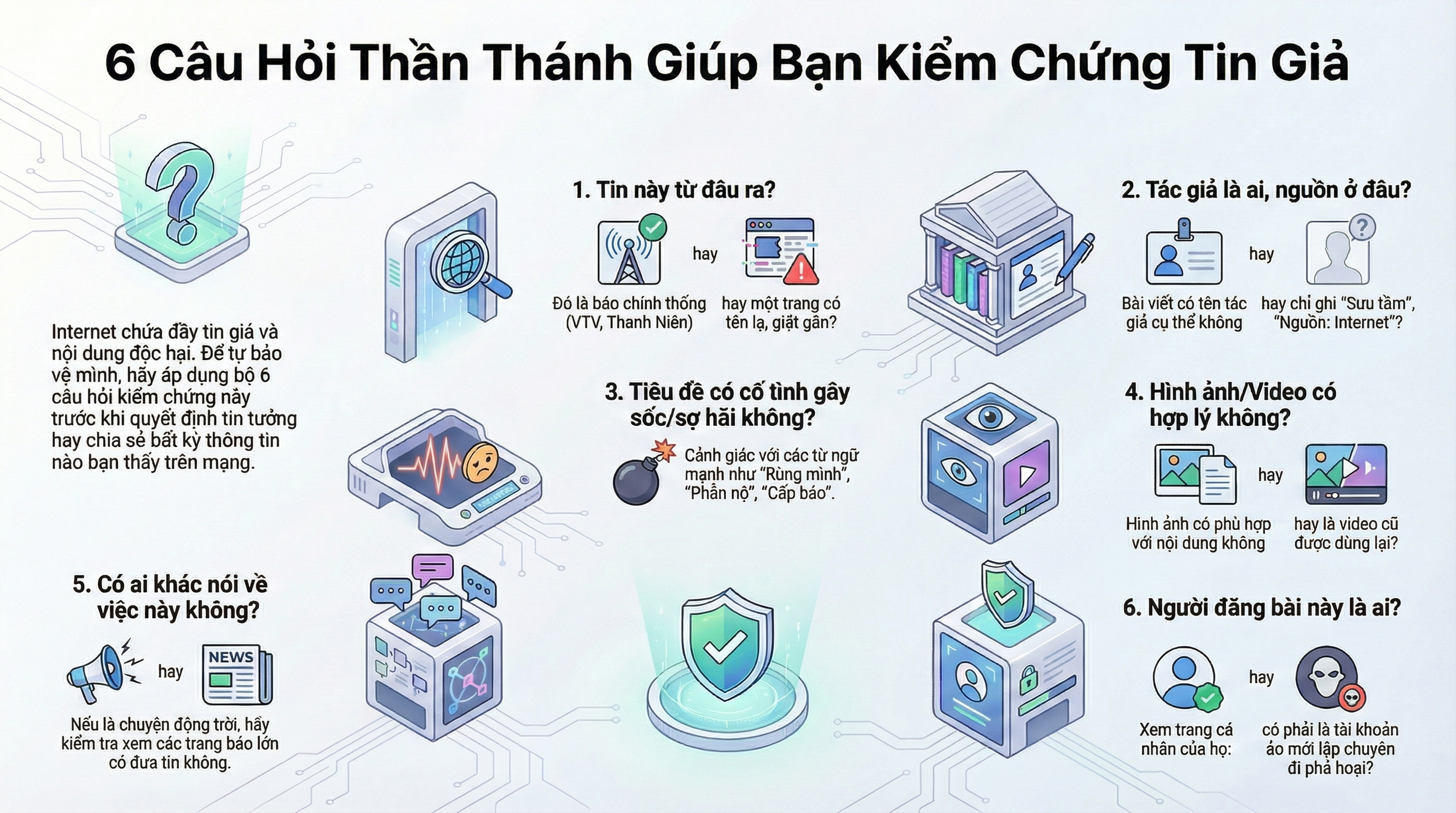
According to a report from the Department of Information Security, fraud by impersonating medical staff reporting that a relative is in an emergency is one of the 24 most common forms of fraud as of the first half of 2023. So how to recognize and avoid this scam? Let's Anti-Phishing (CLĐ) learn more through the article below.
I. Current situation of impersonating teachers and medical staff
In the first months of 2023, a new scam emerged that caused many victims to have their property appropriated, that is, impersonating teachers and medical staff to notify relatives who have had an accident and are in urgent need of help. large amount of money for surgery.
Taking advantage of the confusion and worry for relatives, especially parents who are worried about their children but cannot immediately go to the hospital for confirmation, scammers have successfully appropriated large amounts of money, one The number of cases is up to hundreds of millions of dong.

II. Identifying characteristics and fraud tactics
Fraudsters claim to be teachers or medical staff, calling parents to inform them that their children or relatives are in critical condition. These "self-proclaimed teachers" take turns calling parents to urge parents to transfer money to save their children. If they do not or are late in paying, their children's lives will be in danger.
In this case, the subjects used tactics to attack the victim's psychology and emotions, creating a state of insecurity, fear and panic when the parents had to hear that their loved one was in emergency care. To completely manipulate the victim's psychology in a short time, the subjects often present unclear statements, use negative words to arouse emotions such as being in critical condition, seriously injured, may not survive...
Worth mentioning, some subjects also memorized information about their children's school, class, and the names of homeroom teachers, teachers, and principals, making parents temporarily trust them.
Some suspicious signs of scammers that parents need to pay attention to include:
III. How to prevent property appropriation
To avoid being exploited by your personal information, you should:
Besides:
If you receive a request to transfer money to a personal account, you should carefully check the account information before proceeding with the transaction.
Although we cannot be sure that the 100% bank account you are asked to transfer money to is not a scam. But you can look it up in the list Fraudulent bank account belong to Network trust to know if that account is on the scam list or not.
You do the following steps:
If you think the account you looked up is a scam but it is not on the list above, please report according to the instructions.



